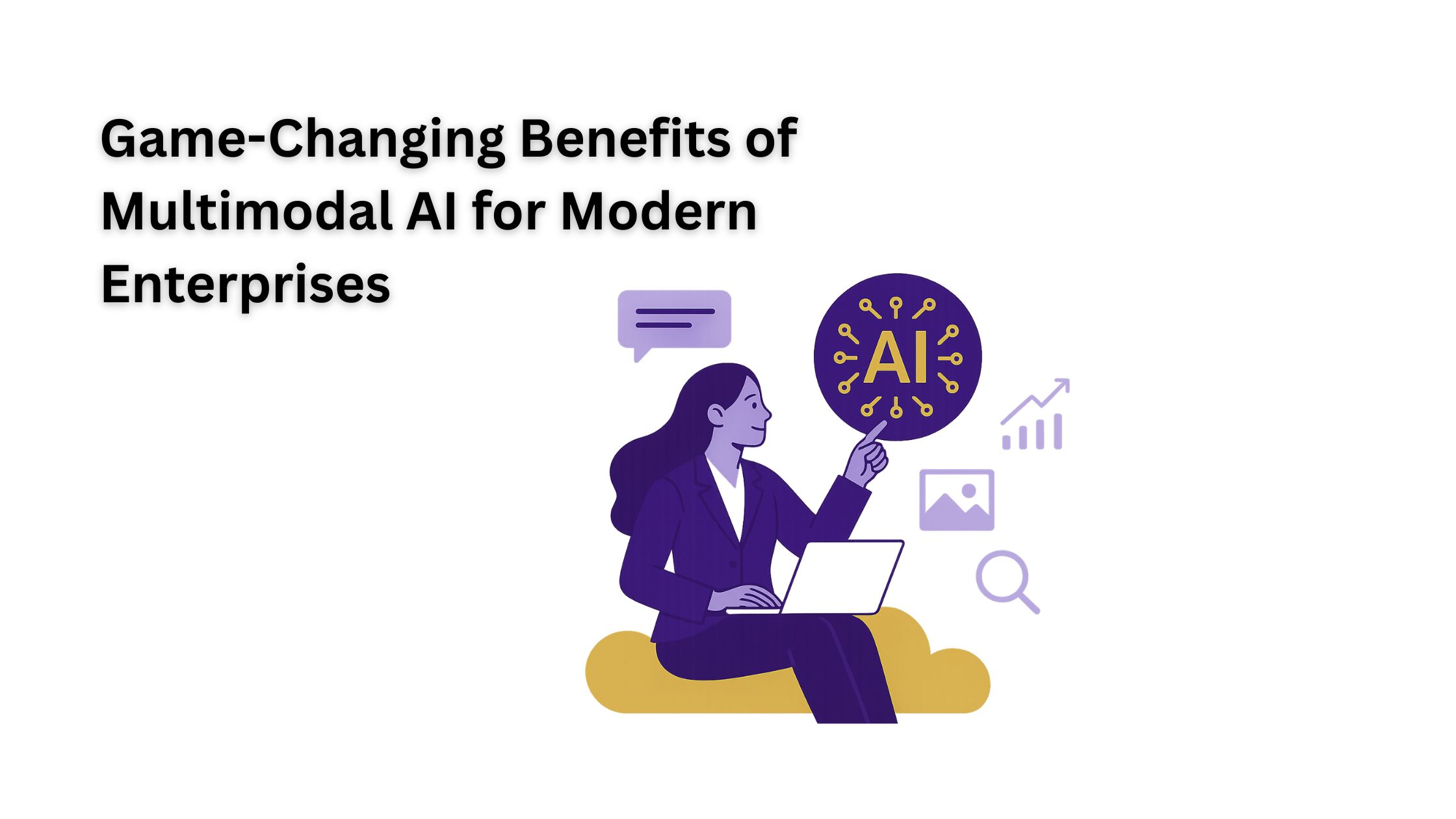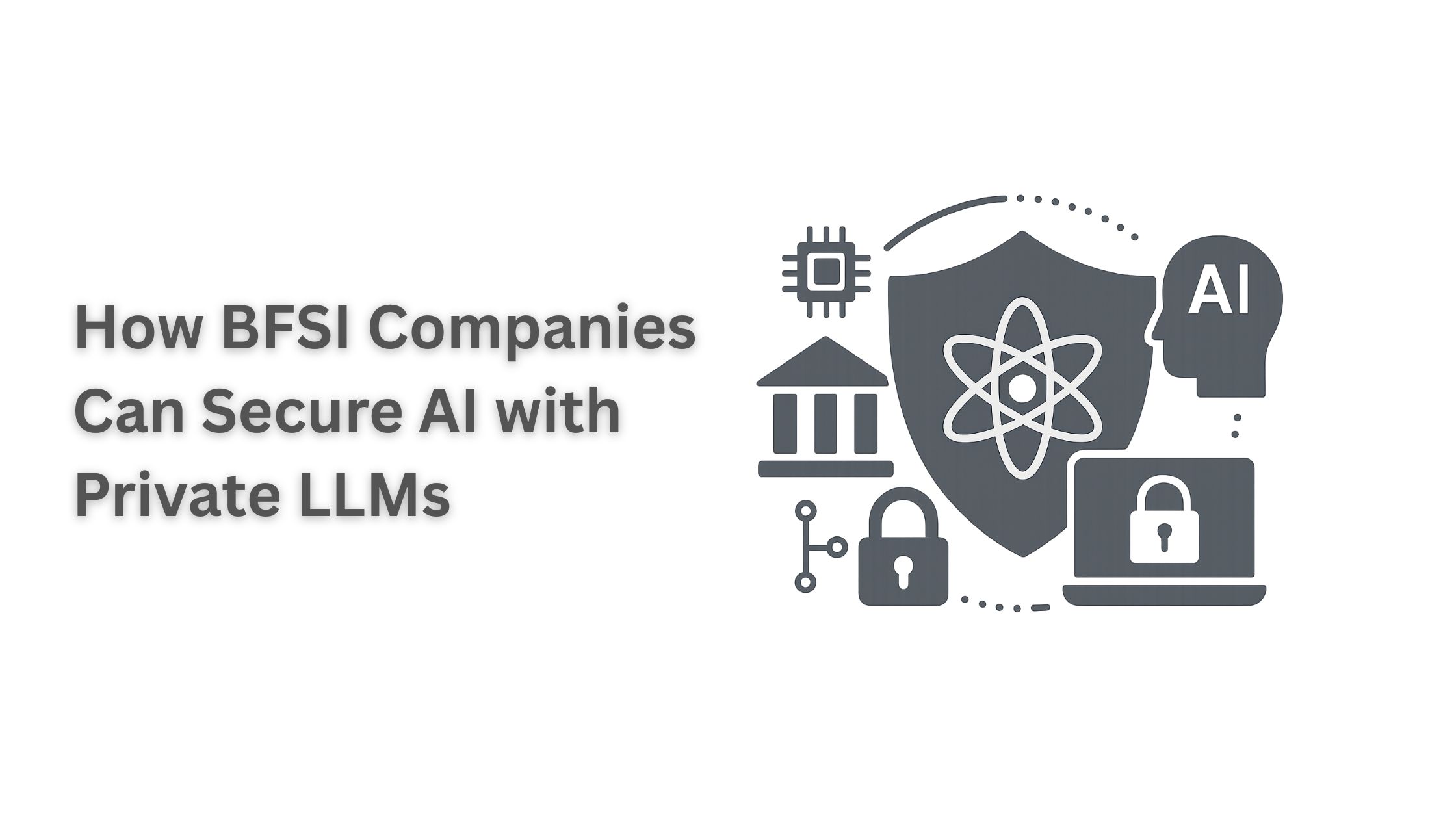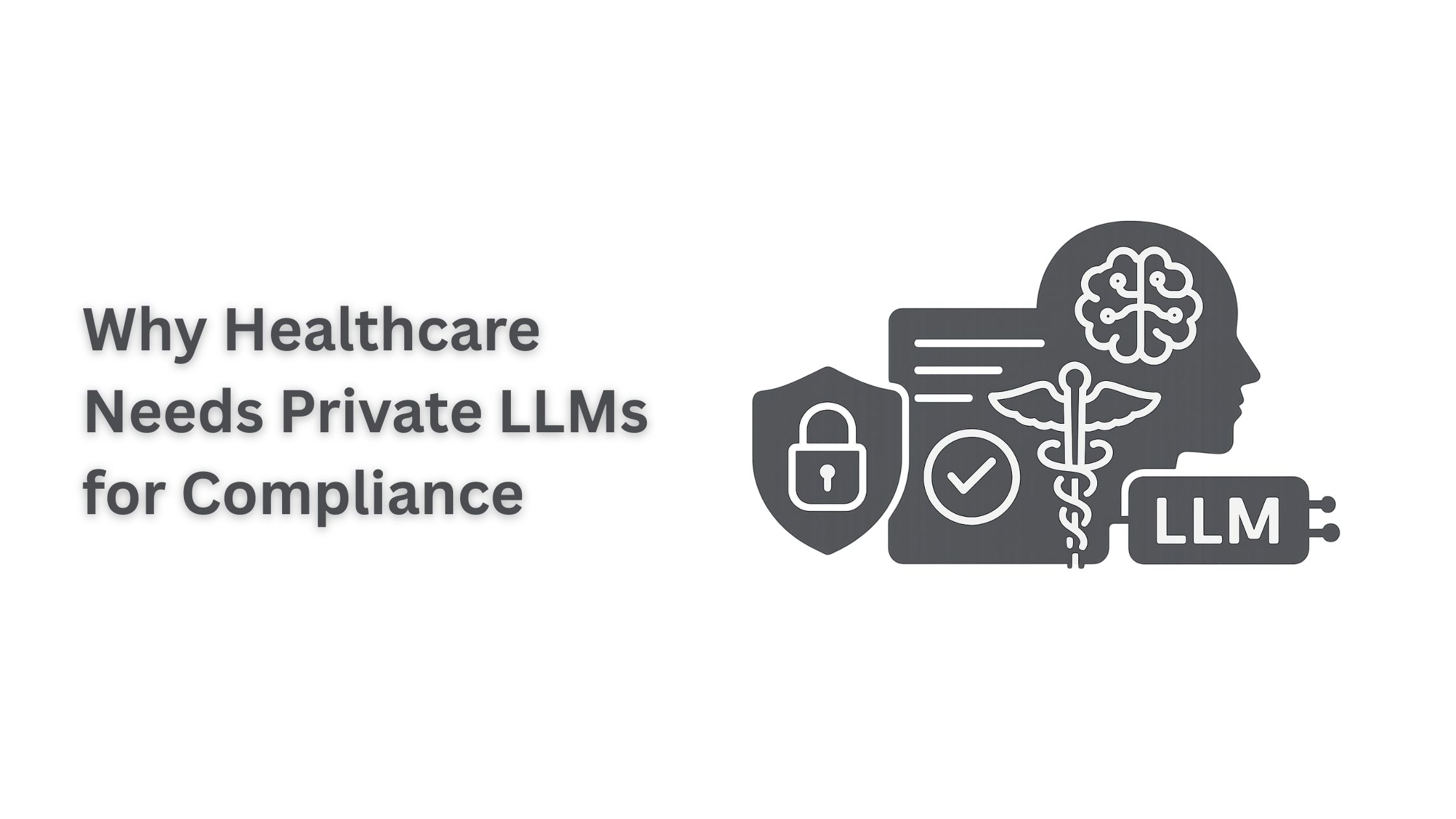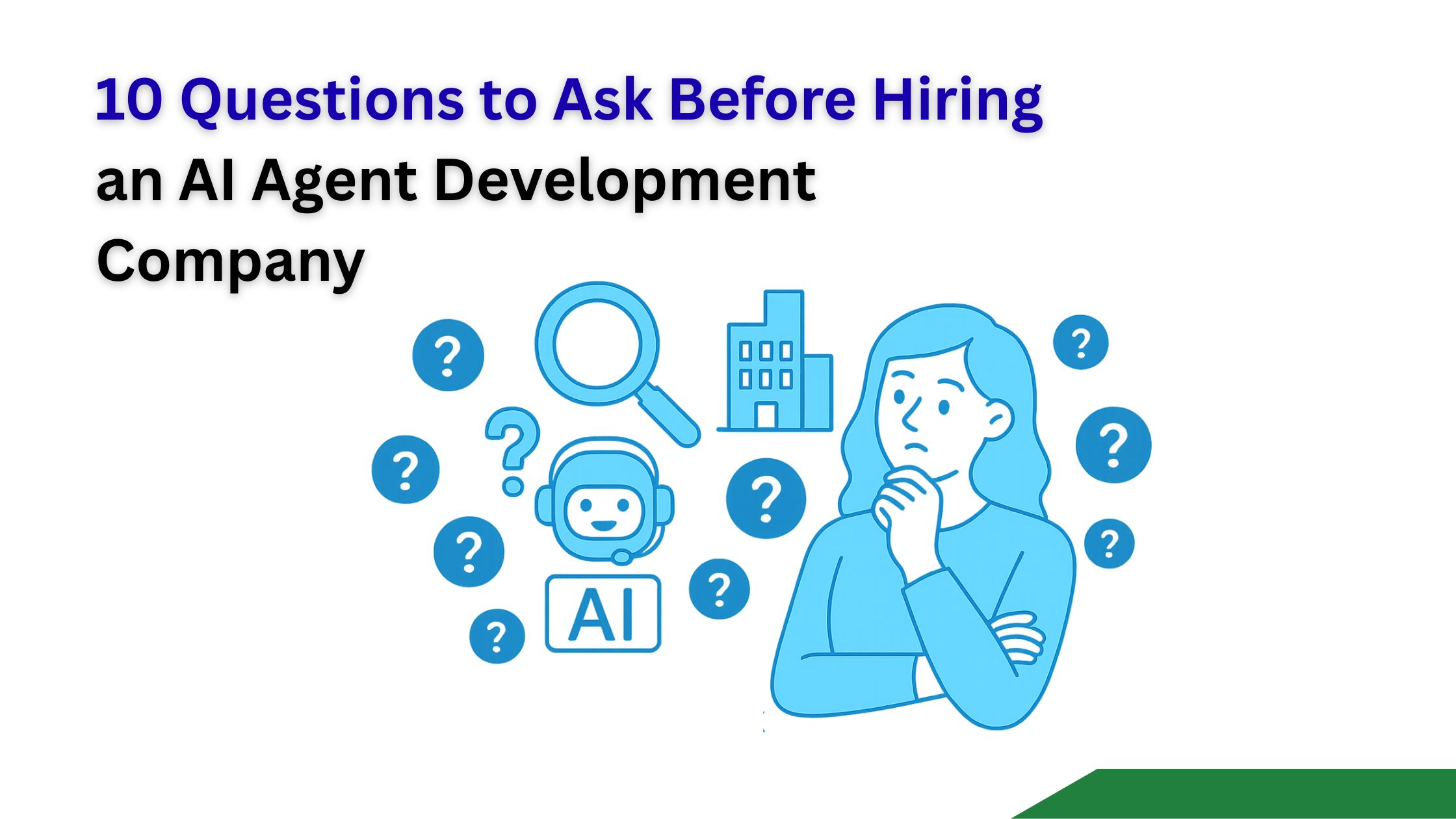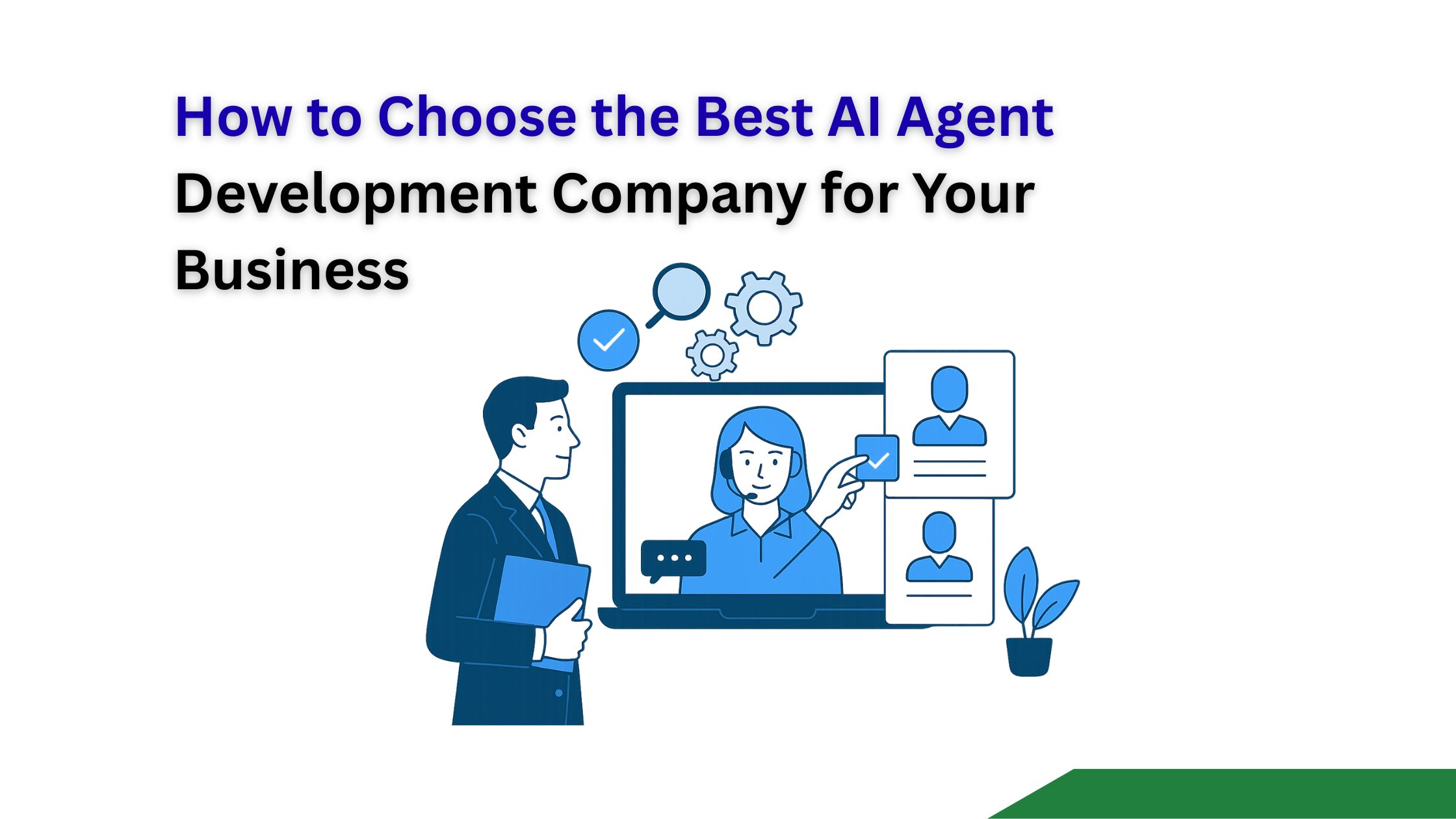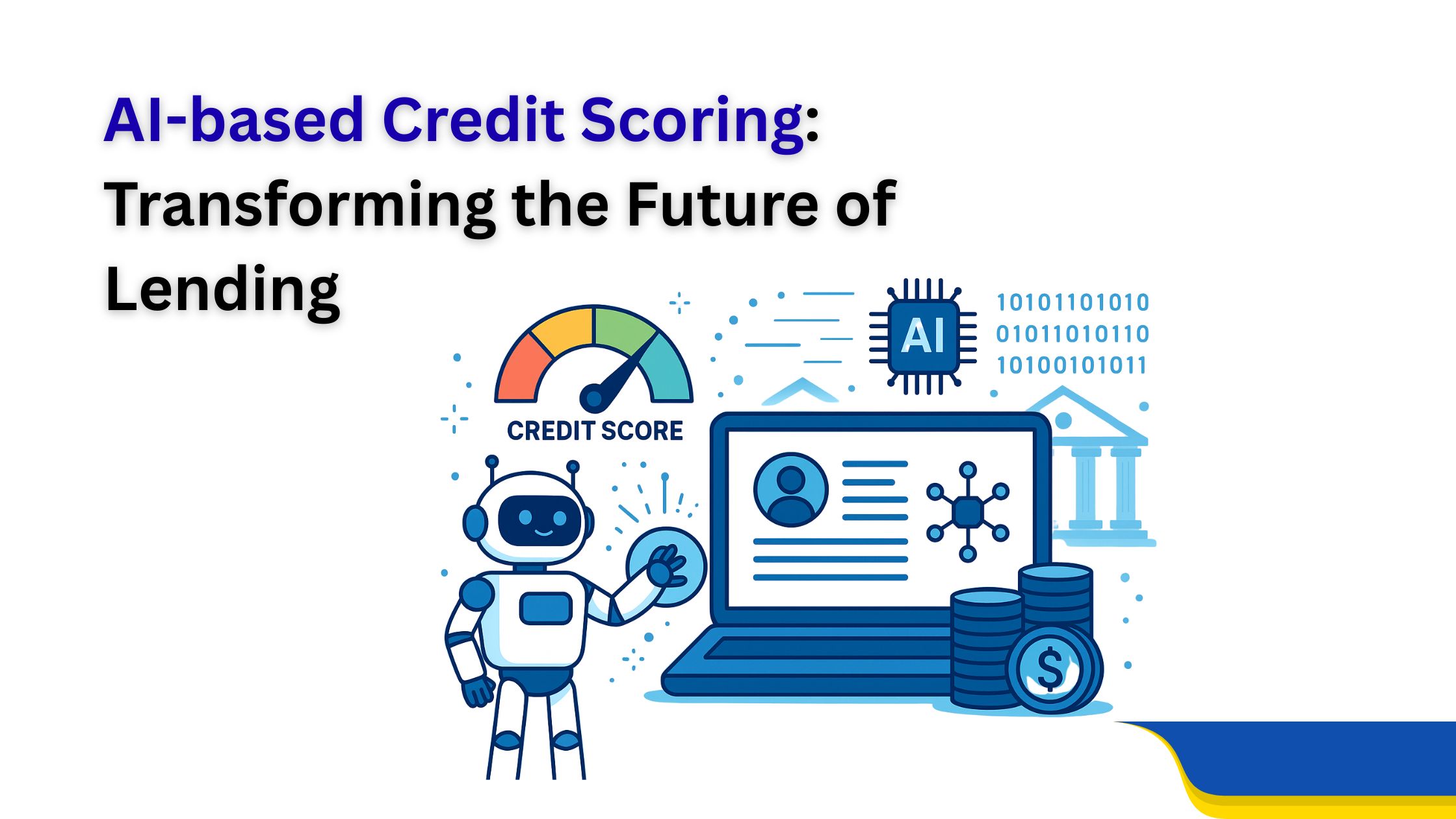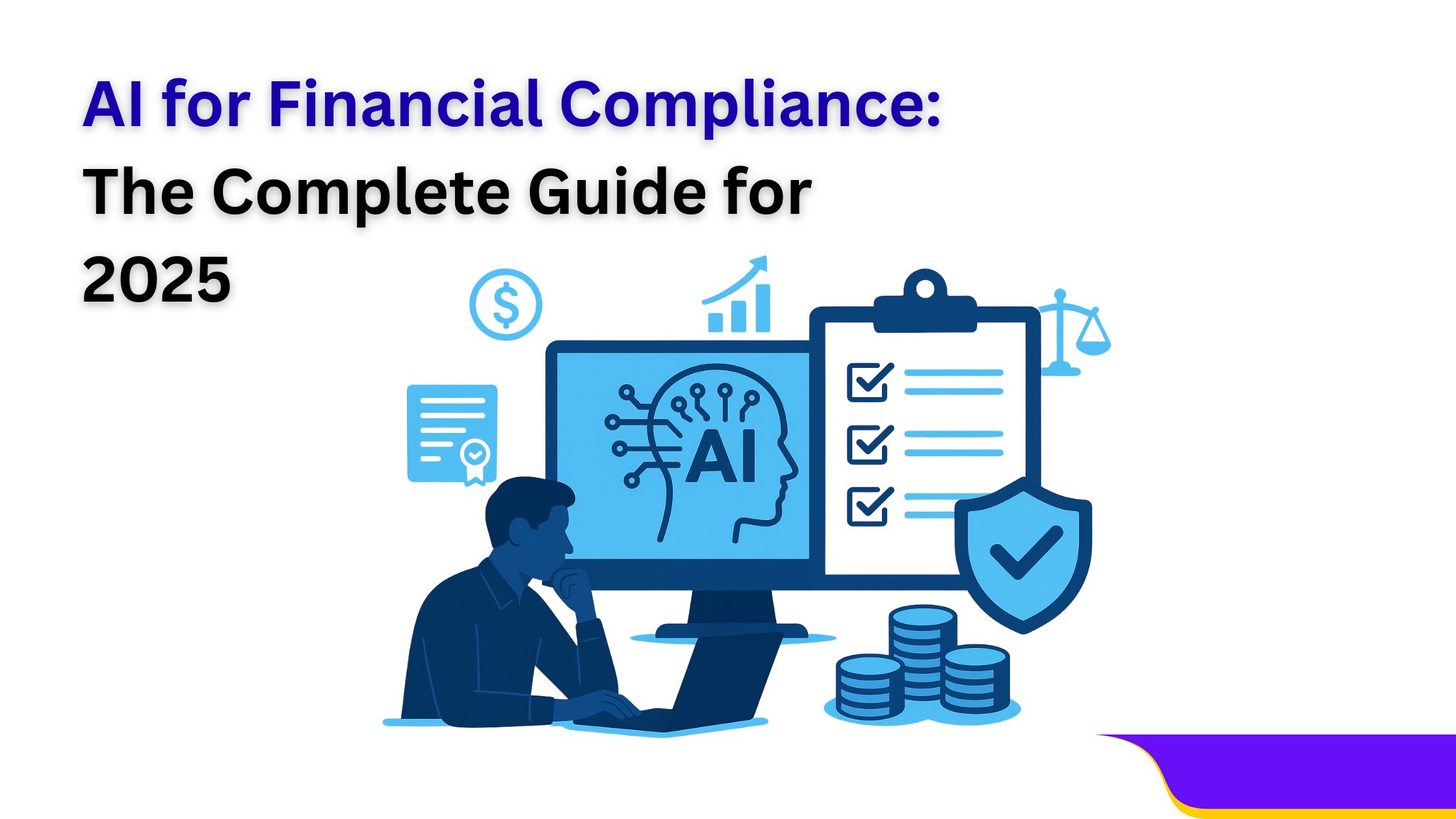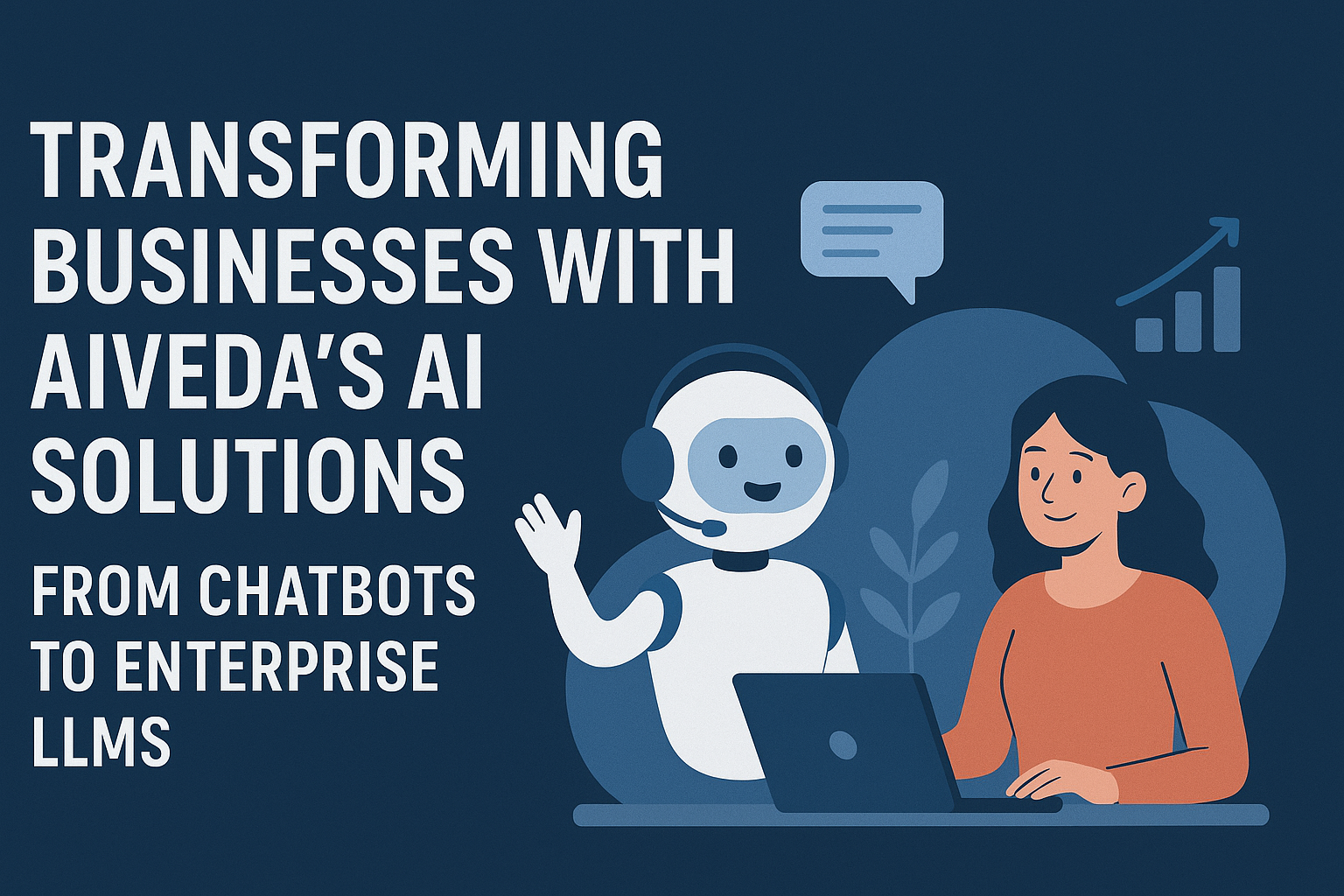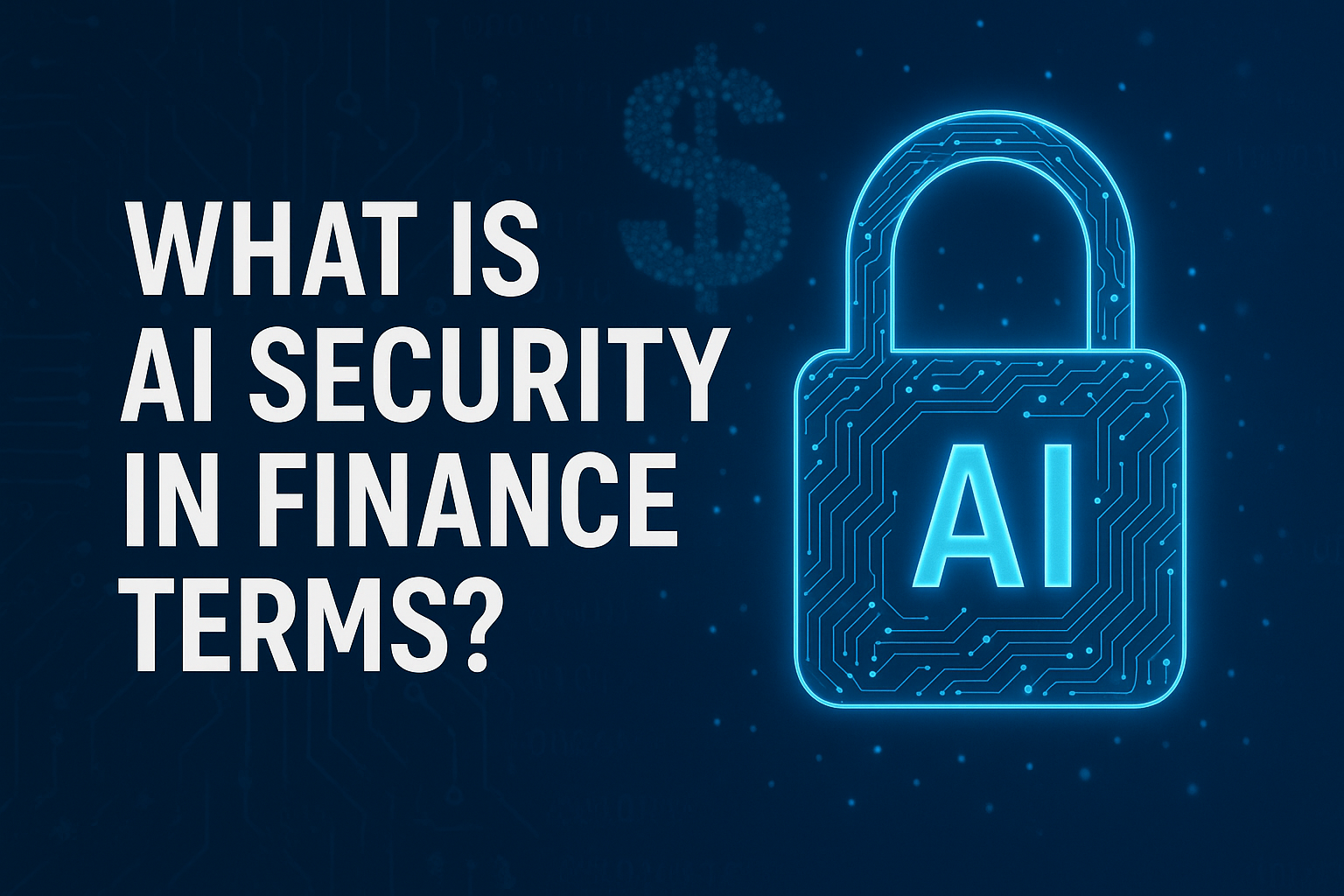Public LLMs helped enterprises understand what generative AI can do. They boosted productivity and made complex tasks easier. But they also exposed a critical flaw. These models sit outside the enterprise boundary. They run on shared infrastructure and retain data unless configured otherwise. Over 27% of organizations restricted the use of public GenAI tools because …
Enterprises today are overflowing with data. But it’s fragmented. Customer support has audio. Operations has video. Marketing has text. IoT has sensors. You have built great systems, but they do not interact with each other. Multimodal AI breaks those walls. It makes data cooperative. When different data types start speaking to one another, new intelligence …
Banks, insurers, payment firms—your industry (BFSI: Banking, Financial Services, Insurance) sits under intense pressure. Customers expect fast, smart, personalized service. Regulators enforce heavy rules. Fraudsters and cyber threats never sleep. When you add in the promise (and risk) of AI, especially large language models (LLMs), you’ve got to get security and compliance right. Private LLMs …
Healthcare has always been about trust. Patients trust you with their most sensitive information—medical histories, lab results, diagnoses, and even the details of their personal lives. If that data leaks or is misused, the damage is permanent. Regulators know this too, which is why healthcare has some of the strictest compliance rules anywhere. At the …
Hiring an AI partner can transform your business, but choosing the wrong company can cost time and money. You need a partner who understands your goals, systems, and industry. Asking the right questions upfront helps you avoid mistakes and ensures you get the AI solutions your business needs. In this guide, you’ll find the 10 …
AI agents are in high demand in 2025. Companies are no longer relying only on simple chatbots. They want intelligent agents that can manage tasks, make decisions, and improve workflows. You see this shift in every industry—healthcare, finance, retail, and enterprise operations. AI agents are becoming part of daily business. Here’s the problem: building the …
Credit scoring has long been the backbone of lending decisions for banks, NBFCs, and fintechs. Traditional models—like FICO or CIBIL—depend heavily on historical repayment data, static rules, and rigid scoring frameworks. While these models served their purpose, they often fail to provide real-time, holistic, and fair evaluations of borrowers in today’s dynamic financial environment. This …
Financial institutions today face unprecedented pressure to comply with global regulations. With $4.3 billion in penalties levied in 2024 by U.S. regulators and record fines in India (e.g., Paytm Payments Bank fined ₹54.9 million), compliance has become both a cost center and a strategic necessity. Traditional compliance frameworks, heavily dependent on manual checks and static …
Artificial Intelligence (AI) is no longer just a buzzword—it’s a business necessity. Organizations across industries are rethinking how they engage customers, optimize operations, and scale growth with AI-powered solutions. At AIVeda, we specialize in delivering custom AI solutions tailored to industry needs. Whether you’re looking to deploy AI chatbots, build enterprise LLMs, create generative content, …
If you’re running a fintech startup, managing a digital lending platform, or leading innovation at a financial institution, you’ve probably asked yourself: “How do we keep our systems secure?” It’s a critical question—and for good reason. As technology becomes the backbone of financial services—from online transactions to digital wallets—the security risks multiply exponentially. Hence, a …

